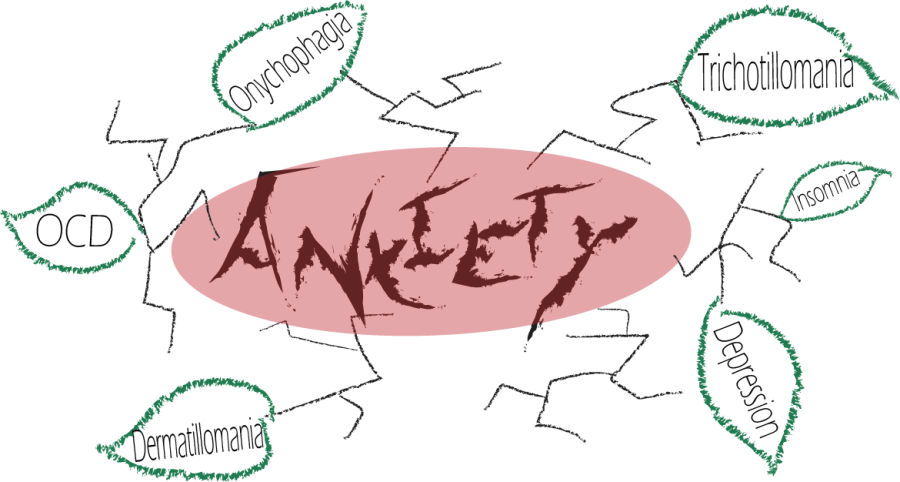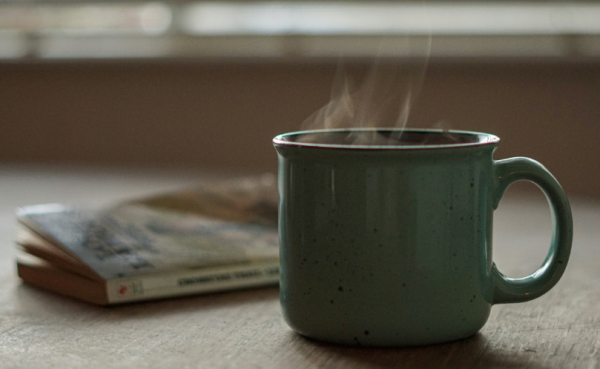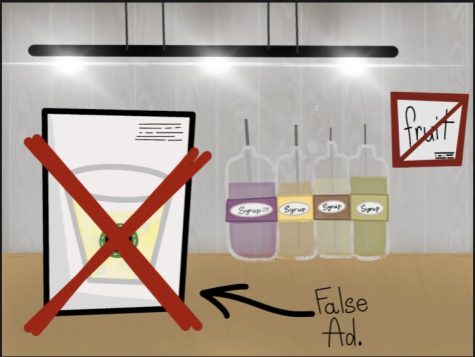Disorders That Stem From Anxiety And How You Can Cope With Them
Multiple disorders can stem from anxiety
It’s shown that about 31.9% of teenagers suffer from anxiety. Which is a completely normal thing with the way life itself goes. However, what people don’t recognize is there are different disorders that stem from having anxiety. There are tons of disorders that aren’t as talked about as others, such as trichotillomania and dermatillomania. As well as the ones that are talked about quite frequently, like obsessive-compulsive disorder, social anxiety, insomnia, and onychophagia. Some people have heard of these disorders, but do you know the meanings behind them or the ways to cope with them?
During the teen years, it’s shown that about 2% of the teen population suffers from trichotillomania, a disorder that involves recurrent, irresistible urges to pull out body hair. Whether it’s hair on your head, eyebrows, eyelashes, and more. The main struggle with trichotillomania is damage being done without the knowledge of doing it. Those who suffer from this say it’s more of pleasure your body feels when feeling stressed. The exact cause of trichotillomania is still unknown but what people know is that anxiety is a piece of it. The best ways that have been recommended to prevent you from pulling are to try and keep your hands busy, recognize when it happens, and seek professional help.
A related disorder is dermatillomania, which is a mental illness related to obsessive-compulsive disorder. It is characterized by repeated picking at one’s own skin which results in skin lesions and causes significant disruption in one’s life as many as one in twenty people to have this condition. Some learned triggers are boredom and anxiety. It’s common to not realize when you are doing you are even capable of doing it in your sleep. This can be solved by getting professional help and sometimes with the help of antidepressants. But things you can do by yourself is having things to fidget with to keep your hands busy.
Onychophagia is the scientific name for an oral compulsive habit of biting one’s fingernails which is extremely common. This is something every human has done. But there’s a difference between it being a habit and something that happens once in a while. This commonly happens when under pressure and feeling anxious. Thankfully since it is so usual they make things to help correct this habit. Sometimes regularly painting your nails helps but, thankfully, stores also sell nail-biting prevention polishes. Many say it works and is definitely worth a shot. Also, try to cut nails as short as possible to prevent biting.
Add a better transition. A teen’s sleep schedule is generally rough, but when having insomnia, a sleep disorder in which you have trouble falling and/or staying asleep can make getting up and getting rest even worse. About 72.7% of teenagers struggle with insomnia and it affects their everyday life. The common thing to try is melatonin and lavender oil to help to go to sleep but there really is no sure cure for it.
Add a transition. Obsessive-Compulsive Disorder (OCD) is a common, chronic, and long-lasting disorder in which a person has uncontrollable, reoccurring thoughts (obsessions) and/or behaviors (compulsions) that they urge to repeat over and over again. Up to 70% of individuals suffer from this. It becomes quite frustrating and causes tons of anxiety which can affect your everyday life. Good ways to help with treatment for OCD are to be willing to expect risks and to go out of one’s comfort zone. Thankfully there are ways to get control of this and to seek help when it becomes overwhelming.
Add a transition. Social Anxiety is an intense, persistent fear of being watched and judged by others. This is extremely common, especially among teenagers. Some triggers would be meeting new people, public speaking, being watched, and being in large settings. Most times you feel sick, sweating, trembling, or have a pounding heartbeat. Great exercises to try when feeling like this are to control your breathing and distract yourself from the things you’re feeling.
Though these disorders aren’t always talked about, it doesn’t make them “weird” or “irregular.” People go through things during everyday life and not everyone’s problems are the same. Feeling these things it’s important to reach out and find ways to help yourself.
Your donation will support the student journalists of Canyon High School. Your contribution will allow us to pay for our print issue magazine, website, and equipment costs.

Katie Sharp is the Co-Editor-in-Chief for Canyon High School’s journalism program, “The Pony Express.” This is her third year in journalism, and...






